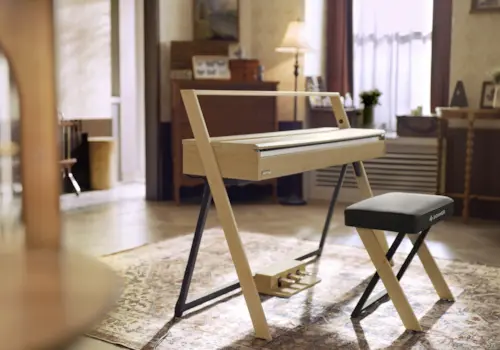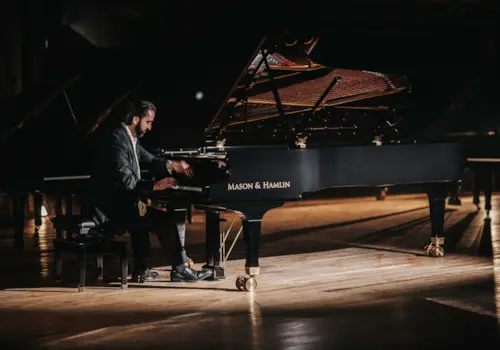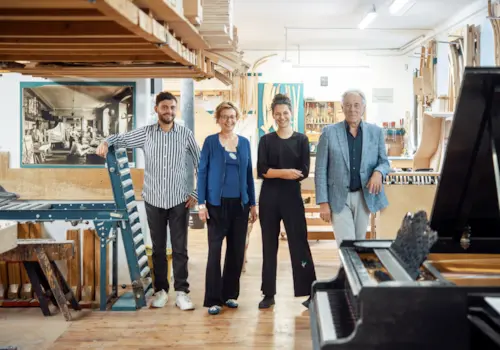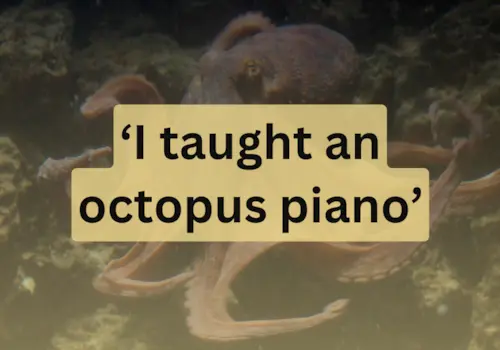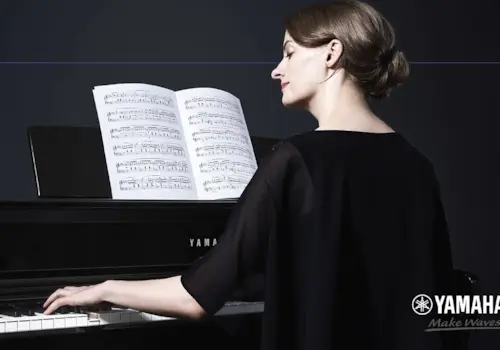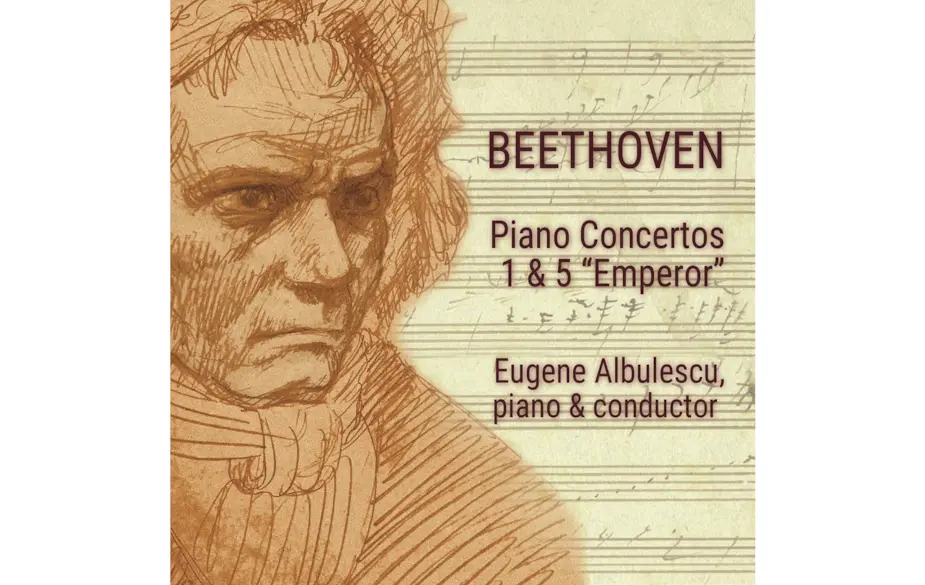As the Beethoven anniversary season draws to a close, Romanian-born pianist Eugene Albulescu gives us a refreshing account of the composer’s First and Fifth Piano Concertos.
Beethoven: Piano Concertos Nos 1 & 5 ‘Emperor’
Eugene Albulescu (piano & conductor)
Orchestra of Friends
AMP Recordings AMPREC 022
With 16 years separating them (No 1 Op 15 written in 1795 and No 5 Op 73 in 1811), Albulescu encapsulates the many musical sides to the composer – from a young lad full of effervescence and bravura to a deeper and more troubled soul (Beethoven was no longer able to perform by 1811).
In the First Concerto, clarity of articulation is fully in place, as is Albulescu’s directness and unsentimentality (there’s no giving way to soppy sentimentality here) and he also invests the music with energy, focus and momentum.
The rising grace notes of the piano’s first entry sweep upwards with a resolute tension which is masterfully relaxed in the following downward arpeggio; the acciaccaturas of the third movement sound like sharp little hammers, attacking the notes with forward-thrusting vigour; and the lyrical lines of the second movement never meander or wallow, but always feel shaped towards a greater whole.
The jaw-dropping cadenza of the first movement (Beethoven’s own and the last of three he’d written for this movement), is full of an array of emotions (from utter joy to deep sorrow), held together with finesse and a faultless technique. As Albulescu writes: "… this cadenza might embody Beethoven’s commentary on the work years later." Yes, this cadenza feels way ahead of its time and it certainly had this listener’s undivided attention.
The Fifth Concerto is no less gripping. Albulescu carries a delicate touch throughout, but can also make the piano stand up against the orchestra in some utterly convincing chords when needed. Tempi are well-balanced, the pedalling is a model of clarity, and phrasing is well-focused.
Albulescu shows a willingness to let the orchestra have its fair share of the limelight, and both soloist and orchestra keep the Concerto in a firm rhythmic ground, never allowing anything to drag.
With an attentive orchestra in his chosen Orchestra of Friends (a band consisting of members from a ballet orchestra as well as the Philadelphia Orchestra and New York Philharmonic), a resonant hall and a wonderfully luscious American Steinway D instrument, Albulescu shows us there’s always room for another Beethoven concertos recording.
You can listen to the full recording below.
Sign up to our email list to be the first to hear all the latest piano news.


